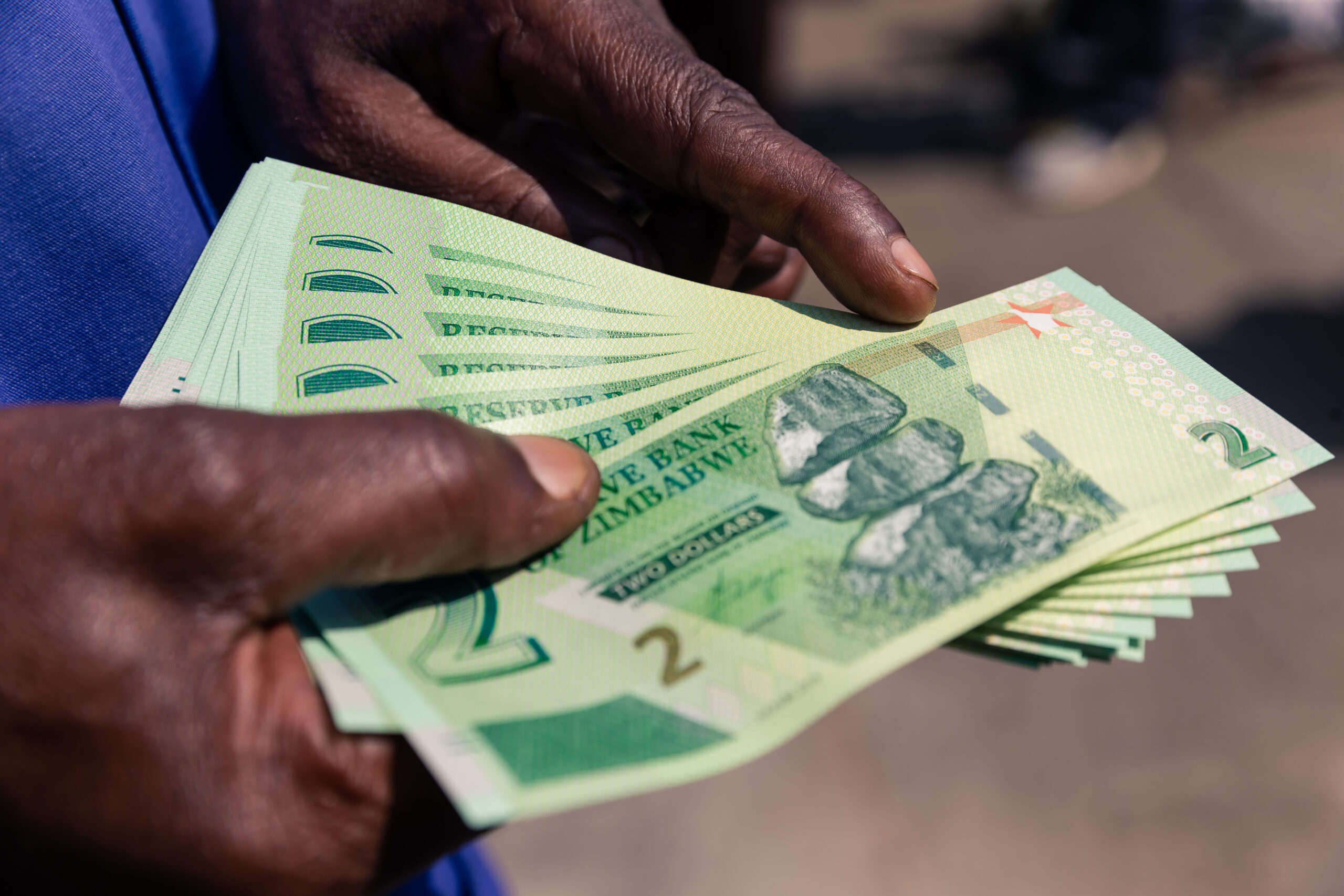‘Zimdollar dead by next month’
TWO of Zimbabwe’s most respected economics professors have warned government to bite the bullet and redollarise because the Zimdollar “would be dead soon”.
Professors Gift Mugano and Anthony Hawkins are arguing that the government is resisting the inevitable by sticking to the domestic currency when the market is rejecting it.
“Our currency will die by June,” Mugano projected.
“We are increasing our debt and we won’t be able to defend our currency. Even the government does not want to use its own currency. It paid bonuses in US dollars, it is paying COVID-19 allowances in US dollars, tollgates are now paid in US dollars. We are not qualified to fight for the Zimbabwe dollar because government itself wants the USD. In fact, the market has dollarised, we are at a funeral, we are going to the grave to bury the Zimbabwe dollar.”
Pointing out that several issues were glossed over when the country de-dollarised in 2019, after a decade of a multi-currency system, he said: “The strength
of the currency is reflected in its productive capacity. You do not go and support the local currency at a rally and campaign for it, you need production.
“The second aspect is you must have fiscal consolidation. You must not have debt because when you have a growing debt then you also have vulnerabilities in the economy when the currency is attacked.”
Hawkins said to demonstrate that the domestic currency was now an outlier, it was being rejected across the social strata, including in rural areas where the US dollar was taking precedence.
He said the domestic currency constituted only 10% of the money in circulation monthly. He pointed out that while it would be painful for the country to return to dollarisation, the pain of sticking to the domestic currency would be more brutal.
“The public don’t want to hold the Zimdollar. Yes, redollarisation would be painful, no doubt. But will it be more painful than an inflation rate of 400%?” he queried.
Hawkins said people’s preference for the greenback was simply to protect their savings against “predatory policies being pursued by government”.
“The opponents of dollarisation will tell you that this is because saboteurs are destroying the local currency. That is not the case. People are acting rationally, they are trying to protect their livelihoods, they are trying to protect their pensions, they are trying to protect their savings from the predatory policies that are being followed at the moment. The exchange rate is a reflection of what is happening in the economy,” Hawkins said.
The economists spoke as developments in the past few weeks have shown that the economy has already dollarised.
Debate over which currency to use has heightened since annual inflation rocketed past the 100% mark in May, the first time the rate hit triple digit since June last year.
On Wednesday this week, the Zimbabwe National Statistics Agency (ZimStat) said annual inflation rose to 131,7% in May, from 96% in April, as prices soared, the local currency taking a battering coupled with foreign currency shortages and a string of shocks.
In the past week alone, the Zimbabwe dollar has plummeted 12% against the United States dollar on the official market, depreciating to US$1:$290 by Tuesday, compared to US$1:$258 the previous week.
Another economist Persistence Gwanyanya, who also took part in the debate, however, said despite dollarisation not being a deliberate policy option for government, but rather a market deterrent, it was not the most effective move.
“Every one of us would want some dollars in his pocket now and every business may want to have the economy dollarised, but it is not the most effective currency option. Dollarisation is costly. The Justice Smith Commission established that we need to compensate about $5 billion for the loss that occurred in 2009. Right now we have got about $277 billion in the accounts. When we dollarise we need to first convert all those into US dollars or people will have to lose that.”
Confederation of Zimbabwe Retailers (CZR) president Denford Mutashu said: “The country at the present moment needs both currencies, the Zimdollar and the US dollar, for many reasons. We need to continue with the de-dollarisation journey because the country has no capacity to monetise the bank balances into US dollars.”-NewsDay










